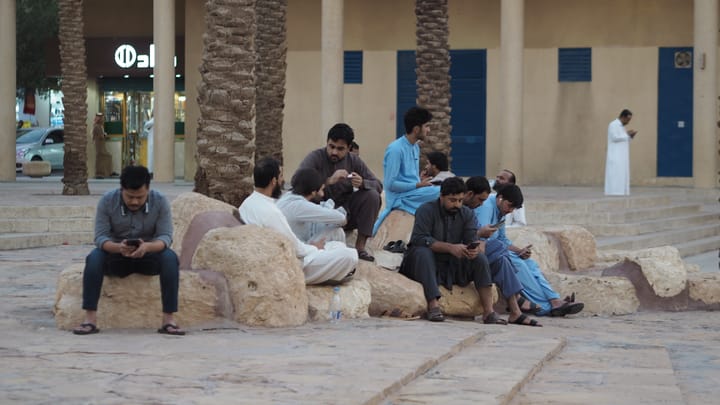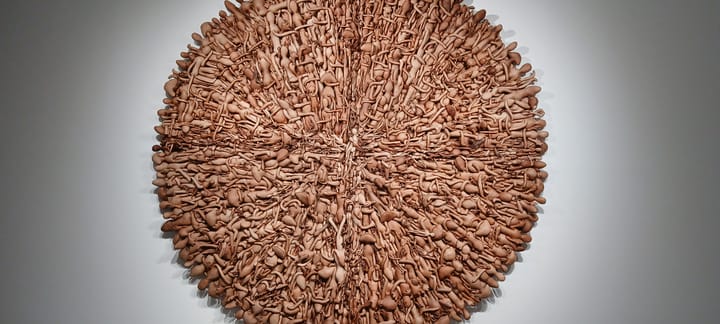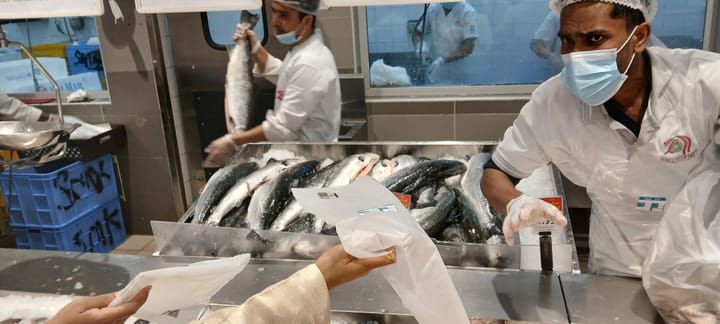day 32
I didn’t tell anyone, how could I? But there were times at the beginning of this enigmatic time, which has only slowly begun turning its face towards us, when I thought I cannot bear to be part of a world where governments do not claim the political prerogative of representing the society that elects them; where governments are powerless: where in fact the political is powerless, and can only claim any power to act by proxy, or, as I wrote in the last post (the last post!), only by having forgotten what the instruments, the tools of political prerogative in one’s hands feel like can governments take hold of them again …which brings me to the topic of arts and culture.
(I in fact wrote last time that government forgets what it can do, it forgets that the labels on the buttons which stop the economy, the levers that switch it onto tracks all rusty from disuse, read use by political prerogative in EMERGENCY ONLY: of course this goes against all those commentators who want the state of emergency to have become the status quo of politics-as-usual; it goes towards the notion that the state of emergency becomes a political event when it is declared by governments so to be, that is, when it is not a declaration of economic policy and business-as-usual. Here the economies of developed (inculcated-with-neoliberal thought) nations seize a power earlier given away: it is this that inspired the earlier feeling of it being unbearable that this should be the case, and that the political seizure should be mainly unconscious.)
What are the arts and culture these days but institutions given an economic right to life? what are they except competitive examples of that which the principle of price in the market set up for arts and culture has placed among the political elect? that is, such institutions as survive in the marketplace politically set up for arts and culture are politically selected, much as we might talk about natural selection under social darwinism. Of course, the marketplace has to be set up first, and–first rule of neoliberalism–its setting up by political institutions has to be hidden, then forgotten.
In NZ, they are funding organisations for arts and culture and festival organisations, some of them charitable trusts, the ones with a right to life: the only institutions on the cultural artistic horizon which operate at the level of institutional, that is political, power. Of course, the prerogative here also hides from itself and is forgotten.
On 18 April 2020 I received an email from the New Zealand Festival, which among other things informed it was a charitable trust. The New Zealand Festival also wrote:
If you would like to play a role in supporting the Festival’s sustainability, New Zealand artists and arts workers in this extraordinarily challenging time, we welcome your involvement. For context, $10-$15,000 would enable us to commission a New Zealand company or artists to develop the concept stage of a new work for the 2022 Festival part-time over a period of 2-3 months. This would in turn provide much needed income, security and hope for the company’s artists. New Zealand artists, the very heart of our Festival, are the focus of our fundraising strategy right now...
The letter was signed, in a humanising, face-giving gesture, Meg Williams and Marnie Karmelita, to whom I then wrote asking if the New Zealand Festival might consider as a counterweight to this request for … charity and charitable donation, a similar letter addressing itself to artists, whose interests, in “income, security and hope,” it claimed to represent to its donors?
Would it not be appropriate to submit to artists on whose behalf it might be approaching these (its) philanthropists? I wrote. Or was the New Zealand Festival approaching its five-figure donors on its own behalf?
I was asking if charity might be due artists before it was due the charitable trust out soliciting … but not on the street … like those charity-beggars or chuggers?
In retrospect I wrongly used the word advocacy, asking if the New Zealand Festival might take on this role for real … and not something like disingenuously. (This was wrong of me because I have a habit long ago acquired of asking whether funding agencies should not be advocates to governments–to the Power–for artists, that is arts and culture. See here. My friend, U. kindly pointed this out. But in the case there is no Power!? (see above.))
I will not say I was surprised when somebody calling themselves Team Experience and Executive Coordinator, named Suzy Cain, for New Zealand Festival replied.
Kia ora Simon Thanks for the feedback; I have sent it along to our Executive Team for you. Please take care and all the best. Mā te pono Suzy Cain Team Experience and Executive Coordinator Tāwhiri Festivals and Experiences
As I understand it, not to be too pedantic, feedback, unless cybernetic, is a highpitched whine. No, you’re right: to be too pedantic.
OK, so we’ll take this as cybernetic.
I love the idea of supporting the New Zealand Festival … I can think of submitting a project: perhaps a season of Howard Barker plays?
First I’d have to form a company, again, from artists. The company’s support–and this on first reading was not clear to me: I thought the word company’s in the New Zealand Festival’s chugging email might be a kind of Freudian slip, the company referring rather to the trust itself than any artistic or cultural company–from your generous donation or tax right-off sponsorship would give hope, income and security to those artists … who would in fact be extremely easy to find. And involve. And company-ise or bring into an institution, like a theatre company, which could itself be formed on the (legal) basis of a charitable trust.
It might be consolidated on the basis of a charitable trust yet still support (the income, hope, security of) corporate-styled offices such as Suzy Cain describes as belonging to an Executive Team, who, might in turn be humanised and face-given by signing in their proper names, Meg Williams and Marnie Karmelita.
Although this is not at all what I wanted to say. I wanted to talk about society built on dissensus as being the model–clearly the meta-model of society–for arts and cultural involvement in the Power. Which must be at the institutional level–of arts and culture institutions–not funding organisations and festivals.


